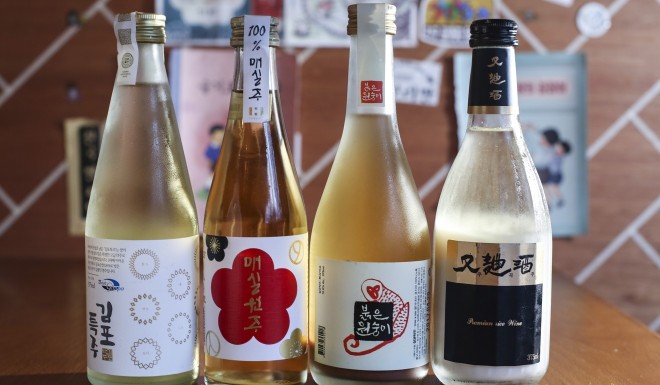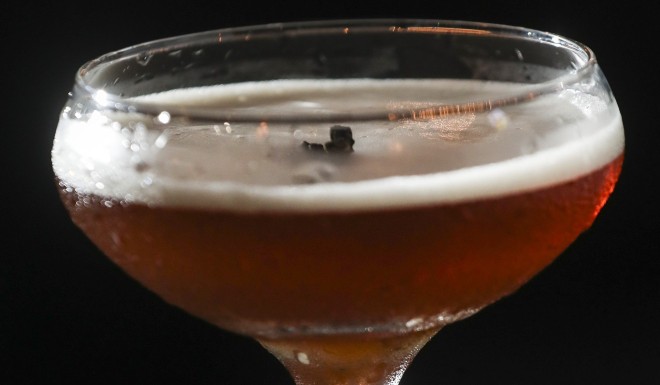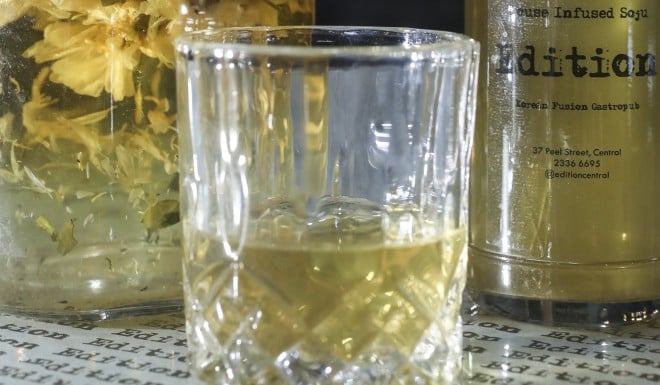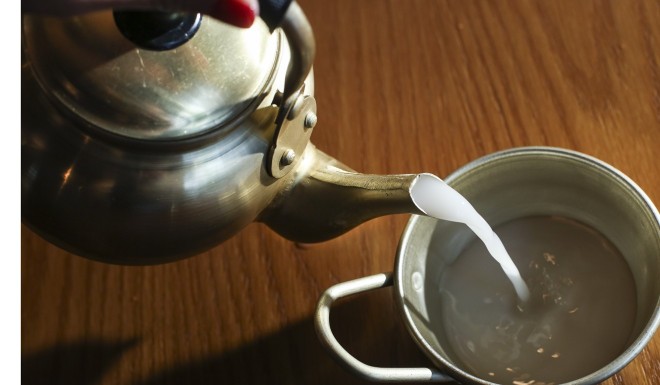
Hong Kong's soju and makgeolli bars add finesse to Korean comforts
Ssal Bori Ssal and Edition serve up flavoured makgeolli and infused soju cocktails
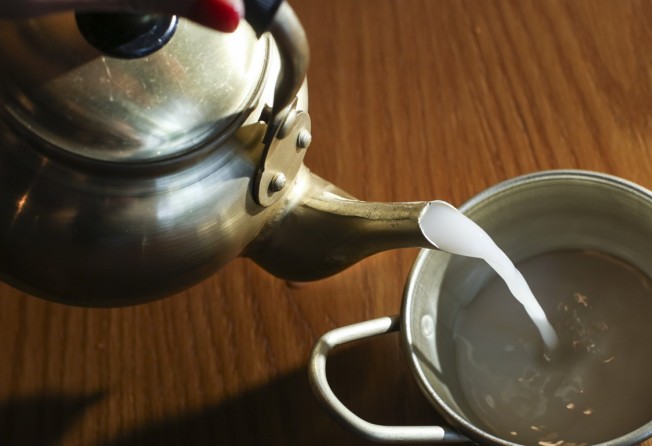
Makgeolli was something your grandparents would drink. Known colloquially as nonju, or “farmer’s alcohol”, the fermented rice beverage had once been Korea’s most popular tipple, but by the 1990s it had lost ground as prosperity convinced drinkers to turn to more fashionable imports such as beer, wine and whisky.
Things have come full circle. Young Koreans have embraced the sweet, slightly fizzy makgeolli, which is made by mixing rice with nuruk, a traditional fermentation starter derived from rice and wheat. The resulting beverage is rich in dietary fibre and lactobacillus, the same kind of probiotic bacteria that gives yogurt its tangy flavour.
Typically served in a teapot and sipped from bowls, makgeolli is a drink meant to be shared with friends, as countless scenes in Korean television shows and movies have depicted. And, as Korean pop culture has spread worldwide, so too has Korean food and drink. Soju - another staple Korean beverage - is ubiquitous in the many Korean barbecue restaurants around town, often alongside makgeolli, which is sold in supermarkets in cans and bottles.
Yet good quality Korean alcohol remains hard to find. Makgeolli is a prime example. “The fresh ones only last for 30 days, so a lot of suppliers don’t bring it to Hong Kong because the risk is too high,” says restaurateur Donny Seoh. Born in Korea and raised in Hong Kong since the age of three, Seoh got his first taste of makgeolli at family dinners. “It had so much texture and flavour,” he says.
When he opened his first restaurant, Momojein, in 2015, he realised that only pasteurised, mass-produced makgeolli was available in Hong Kong. “My partners and I decided that if we wanted to do makgeolli, we had to do it ourselves,” he says.
The result is Ssal Bori Ssal, which opened last May in Tsim Sha Tsui’s budding Korean district around Kimberley Road. The name means “rice barley rice”, an allusion to a childhood game similar to rock-paper-scissors, and the cosy interior is stocked with vintage décor from ’80s Korea.
More than a dozen kinds of makgeolli are available, all imported by Seoh. About half the menu consists of fresh makgeolli, which is unpasteurised and filled with live yeast, giving it a more complex flavour and natural carbonation. Makgeolli can vary in dryness, acidity, texture and carbonation, as well as in alcohol content; most range from 5 to 8 per cent by volume, but a handful reach 13 per cent. Many are infused with sweet potato and pine nuts for flavour. Seoh says ginseng and chestnut are the most popular flavours.
Similar to Korea, makgeolli is popular with women, and Seoh says “maybe 95 per cent” of his customers are women. Many travel frequently to Korea, where they encounter hundreds of types of makgeolli made by small artisanal breweries. “We’re going to bring in some tangerine makgeolli from Jeju Island because so many of our customers were asking for it,” Seoh says.
The fresh ones only last for 30 days, so a lot of suppliers don’t bring it to Hong Kong because the risk is too high
The food at Ssal Bori Ssal sticks to comfort food classics, such as spicy pancakes. “For Koreans, when it’s a rainy day, we think of makgeolli and pancakes, because the sizzling sound reminds us of rain on the window,” Seoh says.
Across the harbour at Edition, chef Katrina Zai serves Korean-influenced pub grub (think bulgogi sliders and kimchi fries) with a special selection of soju.
“Soju has such a stigma from Korean dramas - you just pound it back with beer,” Zai says.
She aims to change the spirit’s image by infusing it with various ingredients. “We have 14 or 15 infusions at any one time. We use lots of Hong Kong ingredients like hawthorne berries and oolong tea.”
The flavours rotate by season: lychee and rambutan are offered in the summer; in the winter, soju infused with red dates and goji berries is served warm, like a hot toddy. Pandan is popular with visitors from Singapore and Malaysia, while Western expats often gravitate towards apple and pineapple.
Zai says other bars have started to follow in Edition’s footsteps since it opened in 2015, but lack the finesse to properly infuse soju. “Hong Kong’s humidity and weather changes the infusion,” she says. Tea infuses quickly and can become bitter if left in the soju for too long, but fresh fruits need plenty of time.
Most of the infusions are designed to be sipped by themselves, but others find their way into cocktails. Edition’s Negroni is made with orange peel-infused soju instead of gin, while kaffir lime-infused soju is added to the gin martini. Zai is fond of the Wah Mui Whisky Sour, to which dried plum-infused soju is added. “It gives you flavours you wouldn’t normally get,” she says.
Seoh is a fan of Edition’s infused soju - when he isn’t drinking makgeolli. “People think Korean alcohol is only to get drunk,” he says. “But there’s more to it.”
Ssal Bori Ssal
Shop B, Brilliant Court, 78 Kimberley Road, Tsim Sha Tsui, tel 2736 8444, facebook.com/ssalborissal
Edition
37 Peel Street, Central, tel 2336 6695, facebook.com/editioncentral
